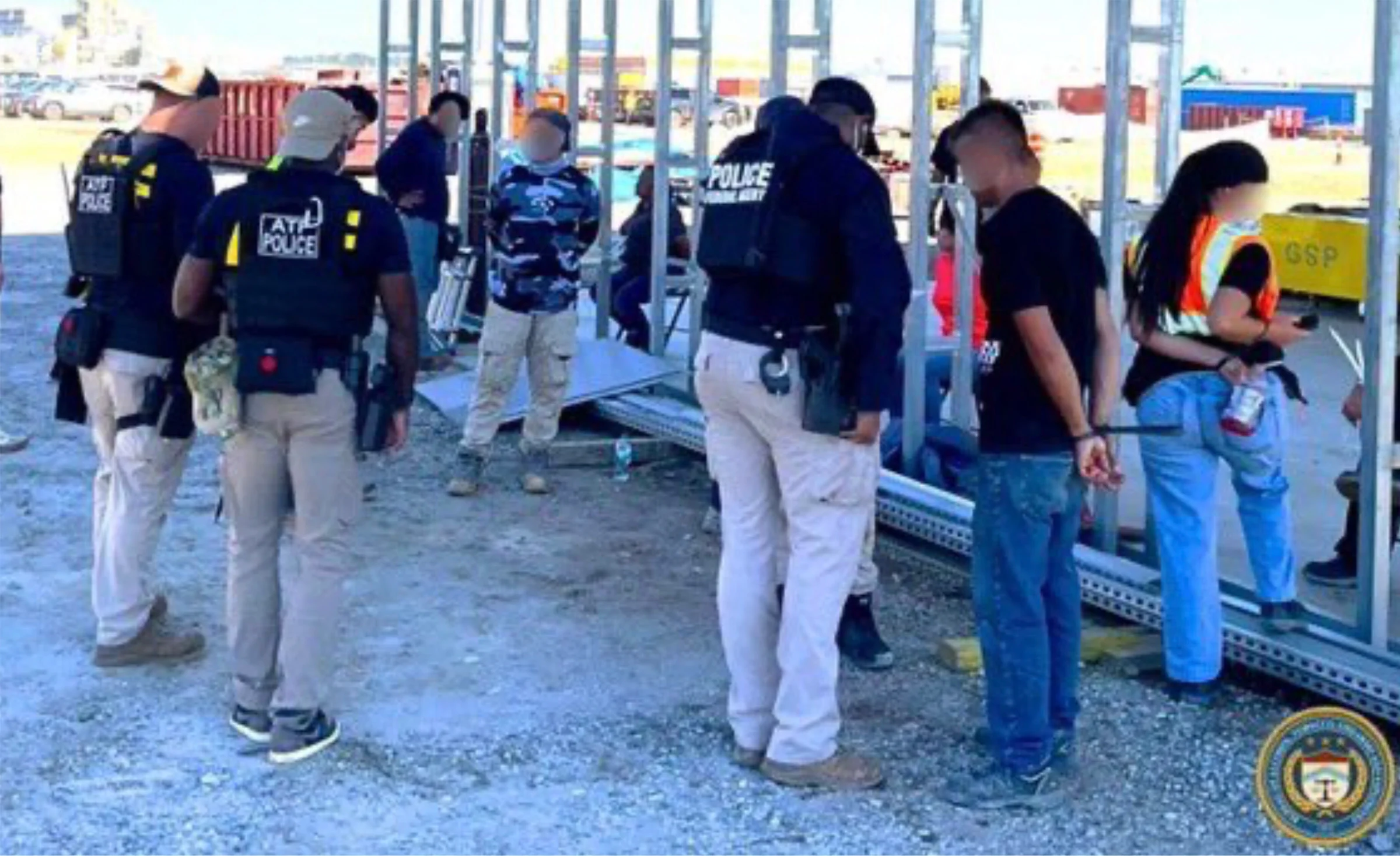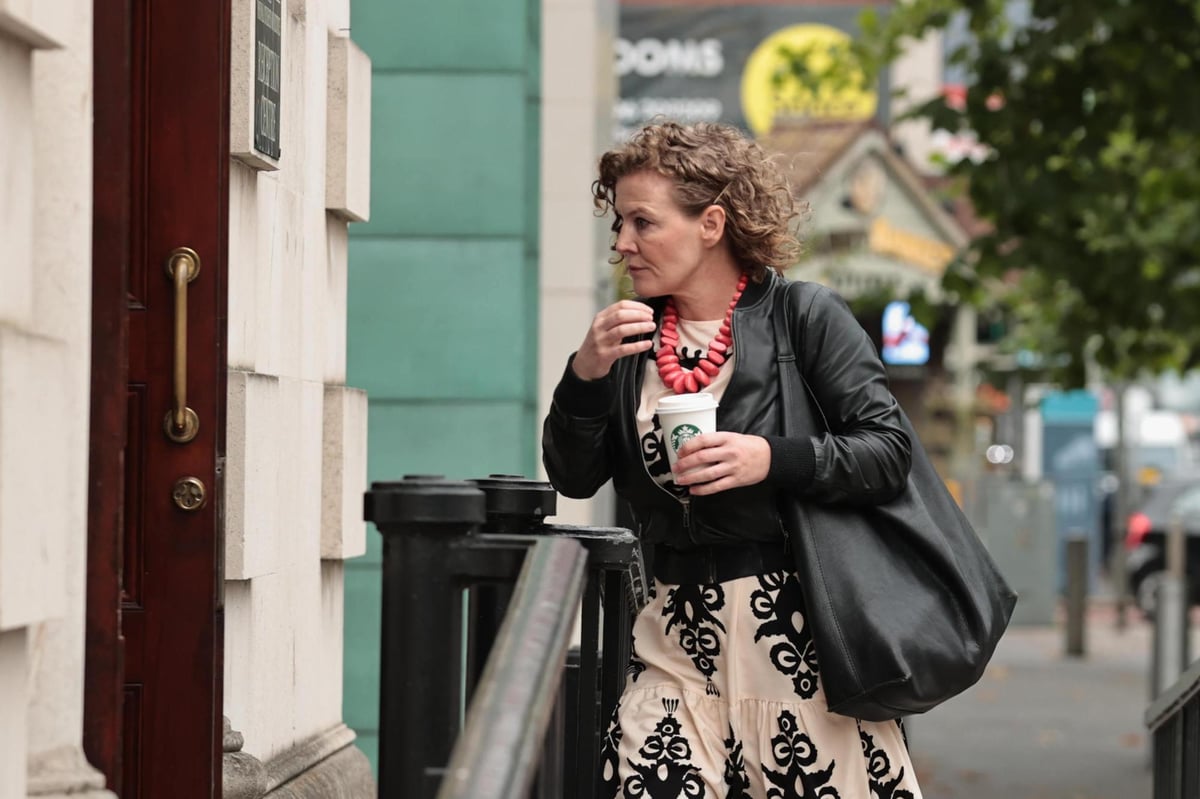By The Korea Times
Copyright scmp

Concerns are mounting among South Koreans planning trips to the United States amid fears that immigration authorities may tighten entry procedures after the recent detention of hundreds of South Korean workers in Georgia.
Goo, a 33-year-old office worker preparing for a honeymoon in Hawaii next month, said he is worried his Electronic System for Travel Authorisation (ESTA) approval may be delayed or denied.
“It used to come through in a day or two without problems, but this time I’m nervous it could be rejected,” he said. Goo has booked non-refundable flights and hotels, and said he plans to carefully note details of his stable job in South Korea on the application to avoid raising suspicions of overstaying.
The detention of more than 300 South Korean workers for visa violations has rattled would-be travellers, even though Seoul and Washington have since agreed to secure their release. Many of the workers had entered the US under ESTA or on B-1 business visas.
ESTA, available under the US Visa Waiver Programme (VWP), allows citizens of 40 countries, including South Korea, to visit for up to 90 days without a visa for limited purposes such as tourism, transit or business meetings. The B-1 visa permits similar activities but allows a stay of up to six months.
While the immediate dispute appears to be easing, many expect US immigration authorities to adopt a tougher stance on South Korean travellers. Some worry that even minor missteps at entry interviews could result in being turned away.
“This was bound to happen sooner or later,” said Park, 47, who travels to the US several times a year for business. “There should be no issue since I’m going for client meetings, but I’ll have to prepare more carefully to explain the purpose of my trip.”
Speculation has also spread online about South Korea being excluded from the VWP. Posts on South Korean and Korean-American forums express fears that ESTA privileges could be revoked.
The US currently extends the VWP to countries such as the United Kingdom, Israel and New Zealand based on criteria that include counterterrorism, law enforcement and immigration cooperation.
The heightened scrutiny could extend to other visa categories as well. Holders of student visas (F-1) are banned from working outside campus jobs or official internships, yet many reportedly take part-time jobs at South Korean-owned businesses.
“Immigration officers may start viewing Koreans with the same bias they sometimes hold towards Mexicans, assuming we’re violating visa rules even when we’re not,” said Park, a 25-year-old student in California.
Hong Chang-hwan, a US lawyer who runs an immigration consultancy, advised travellers to keep visits short and provide clear documentation.
“The US is applying a zero-tolerance policy,” he said. “Travellers should present return tickets and hotel bookings to reduce suspicion, and business visitors must stress they will not engage in on-site labour.”
This story was first published by The Korea Times



